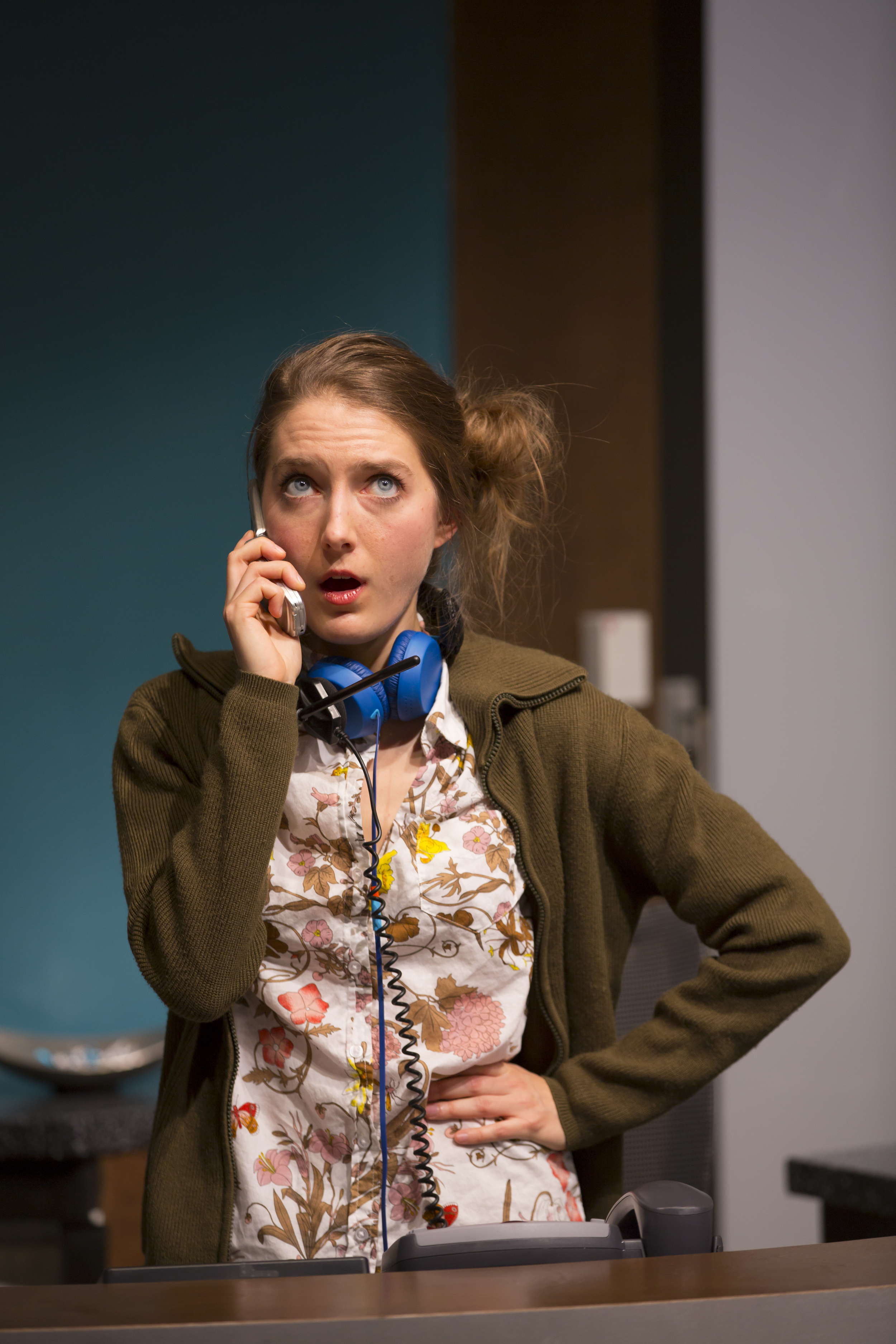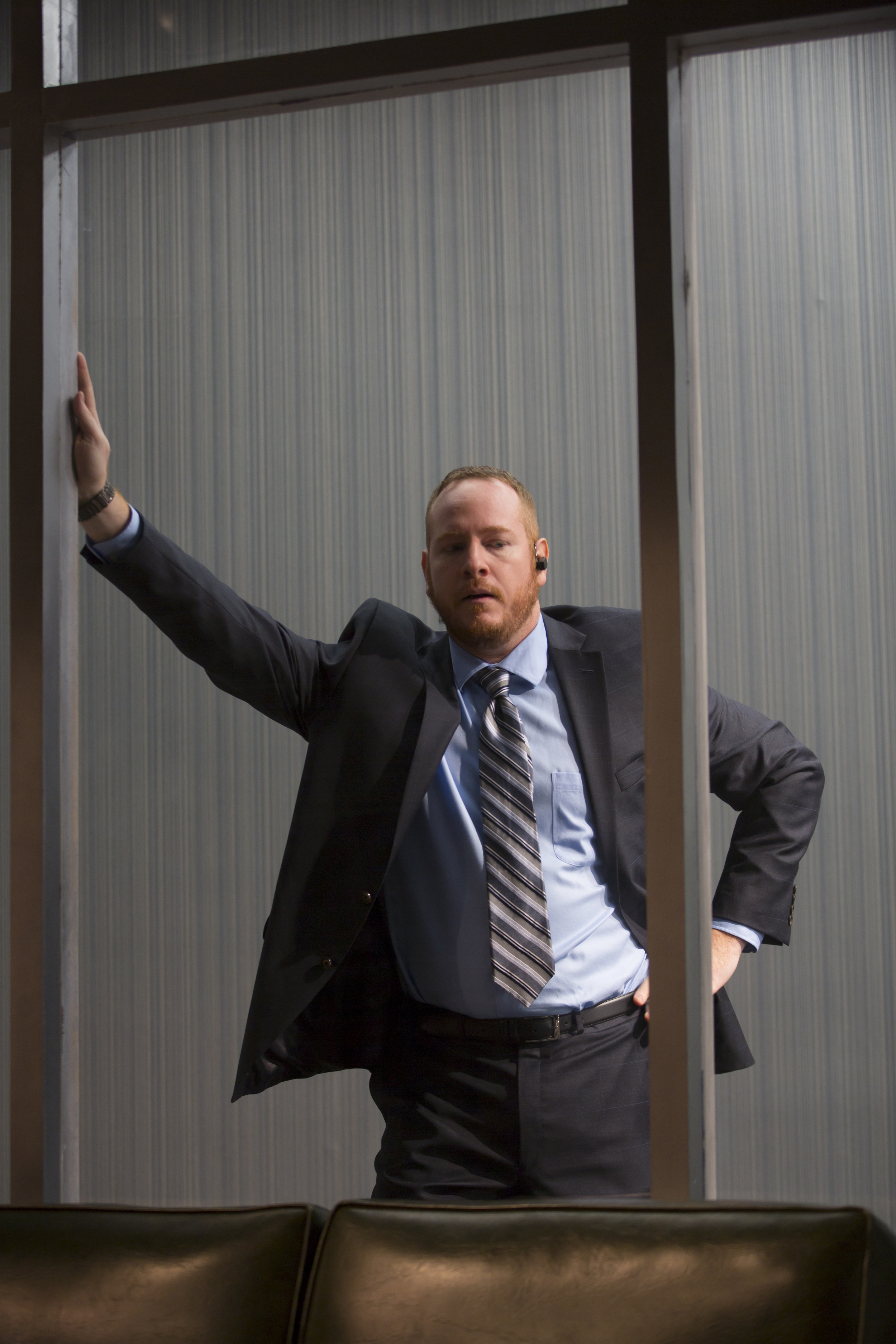Preview of Contemporary American Voices Festival, Long Wharf Theatre
This week the Long Wharf Theatre opens its 2016-17 season with the Contemporary American Voices Festival, a two-day presentation of new plays. In its second year, the Festival seeks to introduce “adventurous and innovative” new work by emerging playwrights whose plays have not been seen in the area. This year the plays featured are Boo Killebrew’s Miller, Mississippi, on Friday, September 9th at 7 p.m., Jeff Augustin’s Last Tiger in Haiti, on Saturday, September 10th, at 5 p.m., and Clare Barron’s Dance Nation, on Saturday, September 10th, at 8:30 p.m. The Friday and Saturday evening presentations will be preceded by a Happy Hour reception, featuring a cash bar with beer from Thimble Islands Brewery, and food for sale from Katalina’s Bakery and Stellato’s.
In preparation for the Festival, Long Wharf’s Literary Director Christine Scarfuto read over 100 scripts, looking for the kind of plays that would add significantly to the Long Wharf season, then she and Artistic Director Gordon Edelstein chose the finalists. The staged readings have directors and involve actors, who will be at music stands giving dramatic readings of the script. The amount of staging, Scarfuto says, varies but “all three plays are narrative-driven and beautifully told.” All share an emphasis on stories worth telling and the power of the stories is what drew Scarfuto to them.
The featured plays are very different, but all involve young characters. Boo Killebrew’s Miller, Mississippi is a play of multiple generations within a family, set in the Deep South and spanning the 1960s to the 1990s so that we see characters at different ages, from teens to adults. Looking back on issues of Civil Rights through one family’s experiences and “descent into ruin,” the play explores, Scarfuto says, a subject very relevant to our contemporary times. Scarfuto describes the play as “heartfelt, with lots of emotion and life.” The play won the 2015 Leah Ryan Prize. Among Killebrew’s awards are two New York Innovative Theater Awards and two Fringe Excellence Awards. Miller, Mississippi is directed by Lee Sunday Evans.
Last Tiger in Haiti, by Jeff Augustin, is set on the final night of Kanaval in Haiti, when a group of restaveks—abandoned children living in servitude—share imaginative stories; the play then takes us to 15 years later and the way reality and fantasy interacts. Scarfuto describes the play as “wildy imaginative” and “a very important story to tell” that looks at the cultural value of storytelling. The play will be given several productions in the coming year and Augustin is the Skank Playwright-in-Residence at Playwrights Horizon; his work has been produced at Roundabout Underground and Humana and elsewhere. Last Tiger in Haiti is directed by Yale School of Drama alum and former Yale Cabaret Co-Artistic Director Lileana Blain-Cruz.
Dance Nation, by Clare Barron, centers on a pre-teen dance competition and looks at “ambition, competition, and growing up.” It’s a play, Scarfuto says, that looks at competition as an element of female empowerment but also at “unpopular truths” about teens in our day. While “not necessarily realism,” the play is contemporary and casts actors of all ages and races to play the young girls. Barron is a playwright and an actor, and Long Wharf theater-goers may remember Barron from her performance in Heidi Schreck’s The Consultant. Dance Nation co-won the inaugural Relentless Award, established in honor of the late Philip Seymour Hoffman, and is directed by Lee Sunday Evans, an OBIE Award-winning director.
The Contemporary American Voices festival reflects Long Wharf’s commitment to new play development, a mission that, Scarfuto says, was difficult to pursue during the recession and its drop in arts funding. “New plays can be risky, commercially,” Scarfuto says, but, as the Long Wharf’s literary manager since March, with an MFA in Dramaturgy from the University of Iowa, she sees the Festival as the “first step in introducing new playwrights and plays and helping to build audience interest.” As Edelstein says, “receptivity to new writing represents the very best of remedies for spiritual, emotional, and intellectual stagnation.”
Staged readings are excellent opportunities to become familiar with new playwrights and to experience a play in the early stages of its path to production. Each reading will be followed by a Talk Back that will include the playwright, giving audiences a rare chance to ask questions about a play’s themes and background and gestation. Suggested donation, $5.
For more information: Long Wharf Theatre
Contemporary American Voices Festival
September 9 and 10, 2016
Long Wharf Theatre






